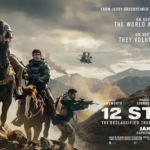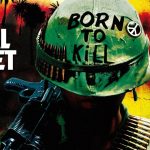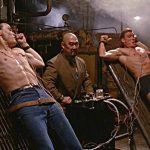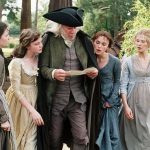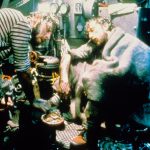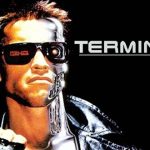🎬 The Wind That Shakes the Barley (2006) – A Story of Brotherhood and Betrayal
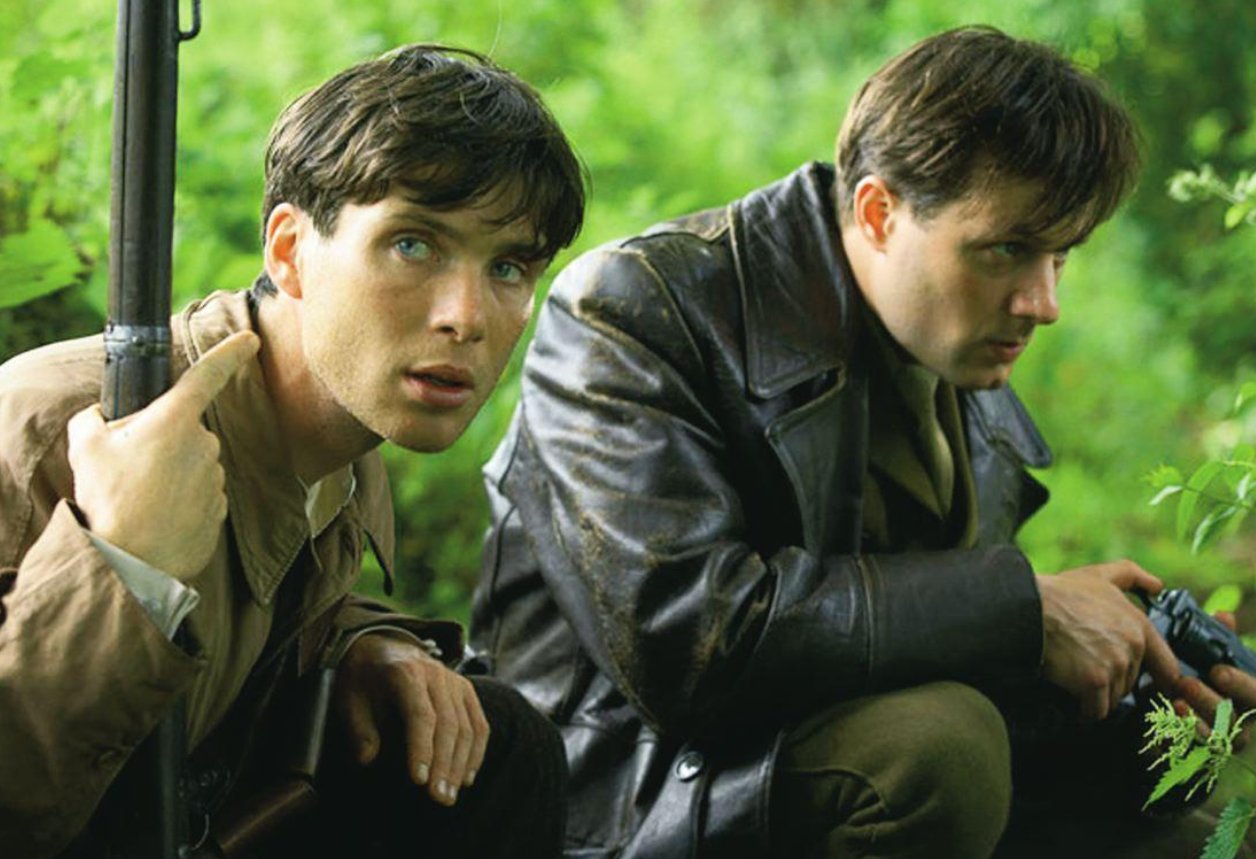
Director: Ken Loach
Main Cast: Cillian Murphy, Pádraic Delaney, Liam Cunningham
The Wind That Shakes the Barley is a powerful historical drama set during the Irish War of Independence and the Irish Civil War. Directed by Ken Loach, the film explores the personal and political conflicts that arise when two brothers, Damien and Teddy O’Donovan, find themselves on opposing sides in the struggle for Irish independence. It is a poignant, harrowing tale that deals with themes of loyalty, sacrifice, and the devastating cost of war on families and communities.
What to Expect in The Wind That Shakes the Barley
- A Deep Dive into Ireland’s Fight for Independence:
- The film vividly portrays the brutality of British occupation and the guerilla tactics of the Irish Republican Army (IRA). It gives a raw, unflinching look at the struggle for Irish freedom, showing how the fight for independence quickly turns personal and violent.
- Loach doesn’t shy away from the complexities of the conflict, highlighting the different political ideologies that emerge and how the dream of a free Ireland fractures with the signing of the Anglo-Irish Treaty, leading to civil war.
- Brotherhood Torn Apart:
- At the heart of the film is the relationship between brothers Damien (Cillian Murphy) and Teddy (Pádraic Delaney). Initially, both are united in their fight against British rule, but as political tensions rise, their paths diverge. Damien remains committed to the ideal of a fully independent Ireland, while Teddy accepts the Anglo-Irish Treaty and sides with the pro-treaty government.
- The emotional core of the film lies in how war and politics divide these two men, turning a fight for freedom into a personal betrayal.
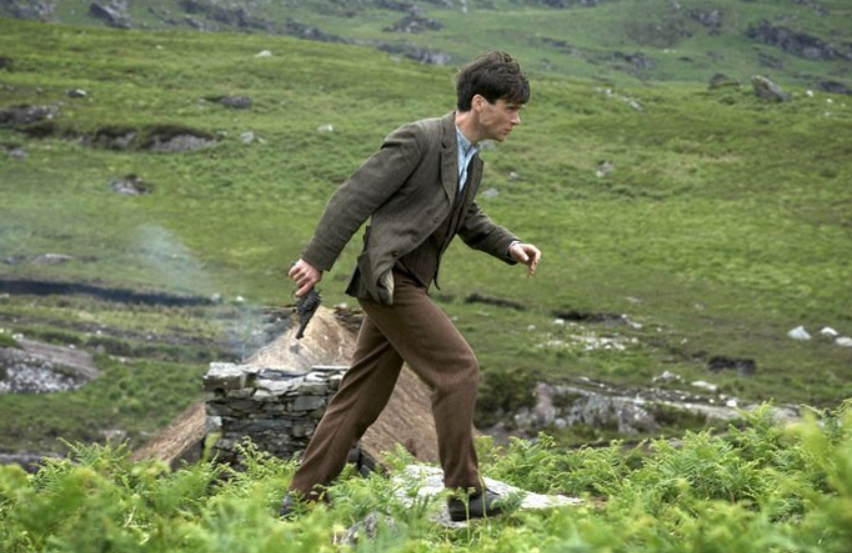
- Authentic Historical Setting:
- Loach’s dedication to realism is evident in the film’s portrayal of rural Ireland during the 1920s. From the landscape to the costumes, every element feels historically accurate, transporting viewers to a tumultuous time in Irish history.
- The film’s setting in the Irish countryside adds a haunting beauty to the story, contrasting the serene landscape with the violent struggle happening within it.
- Moral Complexity and Political Dilemmas:
- The film doesn’t present easy answers to the political questions it raises. It shows both sides of the argument surrounding the Anglo-Irish Treaty and asks difficult questions about the cost of peace, the price of independence, and whether violence is ever justified.
- Damien’s and Teddy’s decisions represent the broader conflict within Ireland itself, where former comrades-in-arms became bitter enemies, tearing communities and families apart.
- Emotionally Intense Performances:
- Cillian Murphy delivers a compelling performance as Damien, capturing the character’s evolution from a pacifist doctor to a determined revolutionary. His inner turmoil, especially as he faces difficult choices that conflict with his moral compass, adds depth to the character.
- The supporting cast, including Pádraic Delaney as Teddy, delivers equally strong performances, portraying the complex emotional and political struggles of the time.
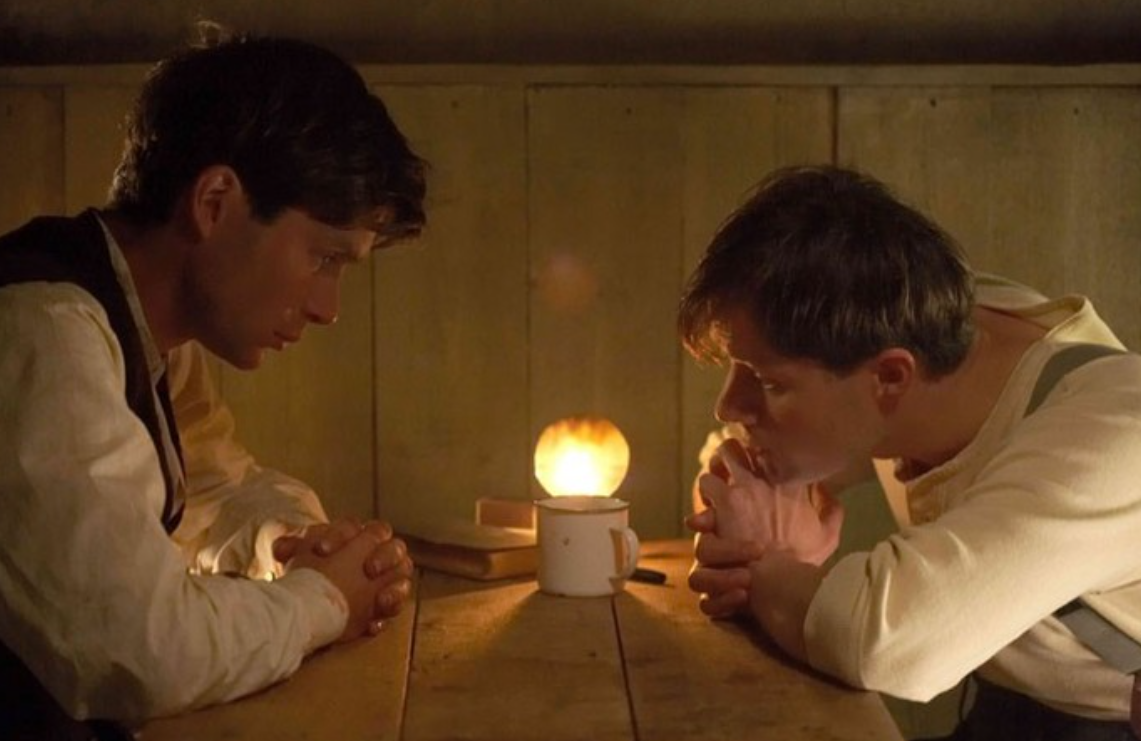
Cinematic Techniques
- Naturalistic Direction:
- Ken Loach’s naturalistic style enhances the authenticity of the film. His use of handheld cameras and long, unbroken takes immerse the audience in the characters’ world, making every moment feel immediate and real.
- The film avoids dramatic embellishments, presenting the events in a straightforward, unadorned manner, which makes the emotional and political impact even more profound.
- Tension Between Dialogue and Silence:
- The film’s use of dialogue is sparing, often allowing actions and silences to speak louder than words. This is particularly effective in the scenes of violence and conflict, where the absence of sound intensifies the horror and emotional weight of the moments.
- The few conversations between Damien and Teddy are filled with tension, each word loaded with the weight of history, ideology, and brotherly love turned bitter.
- Visual Storytelling:
- Cinematographer Barry Ackroyd’s work complements the film’s naturalistic tone, capturing the beauty of the Irish countryside while simultaneously conveying the devastation wrought by war.
- The visual contrast between peaceful landscapes and the violence of the conflict underscores the tragic irony that a land so beautiful could be the setting for such brutality.
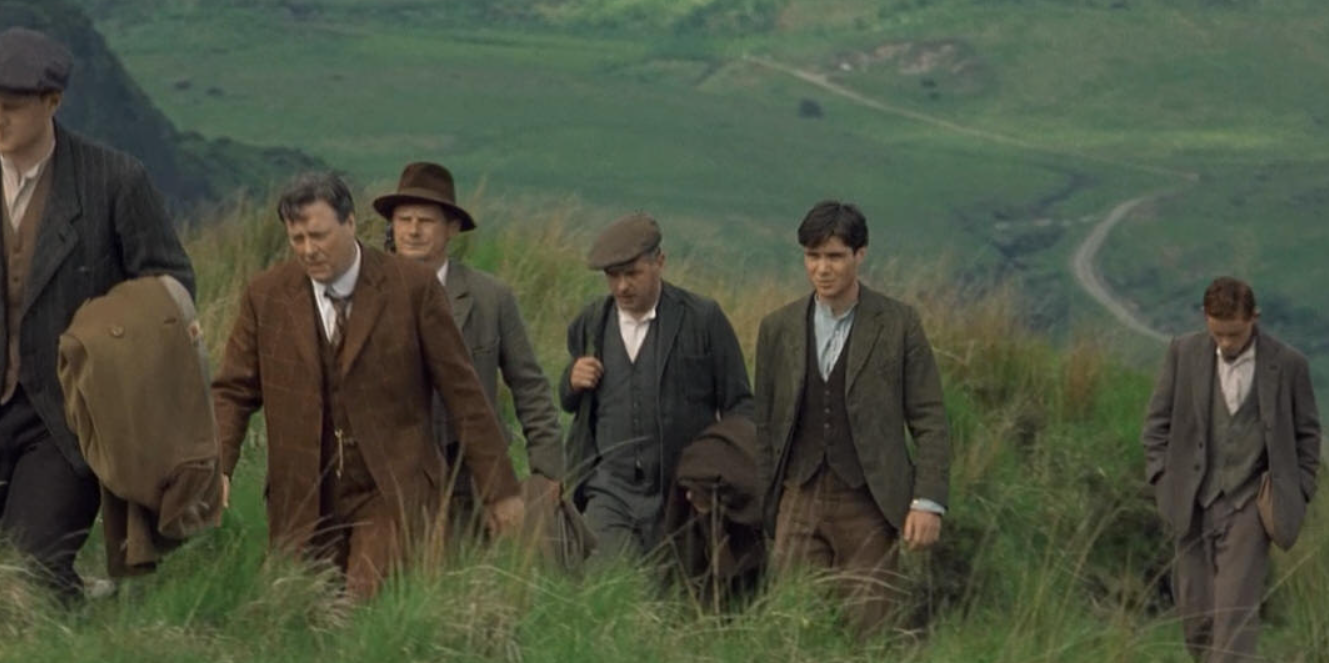
Legacy and Influence
- A Definitive Irish Historical Film:
- The Wind That Shakes the Barley is widely regarded as one of the most important films about Irish history, particularly the country’s struggle for independence. It offers an uncompromising look at the cost of revolution and civil war, touching on themes of loyalty, betrayal, and the personal impact of political conflict.
- The film won the prestigious Palme d’Or at the 2006 Cannes Film Festival, cementing its status as a masterpiece of historical cinema.
- A Humanizing Look at War:
- Loach’s focus on the individual lives affected by the broader political struggle gives the film a universal appeal. While it is deeply rooted in Irish history, the story of two brothers torn apart by war resonates with audiences everywhere, showing the human cost of conflict.
- Inspiring Contemporary Discussions:
- The film’s portrayal of divided loyalties and ideological conflict has sparked discussions about contemporary struggles for independence and national identity. It remains a touchstone for conversations about the legacy of colonialism, civil war, and the ways political divisions can fracture nations and families.
Conclusion
The Wind That Shakes the Barley is an unforgettable, emotionally charged exploration of Ireland’s fight for independence and the tragic consequences of civil war. With its powerful performances, authentic historical setting, and moral complexity, the film serves as both a gripping personal story and a sobering meditation on the cost of political conflict. It is a must-watch for anyone interested in history, politics, or stories of brotherhood and betrayal.
